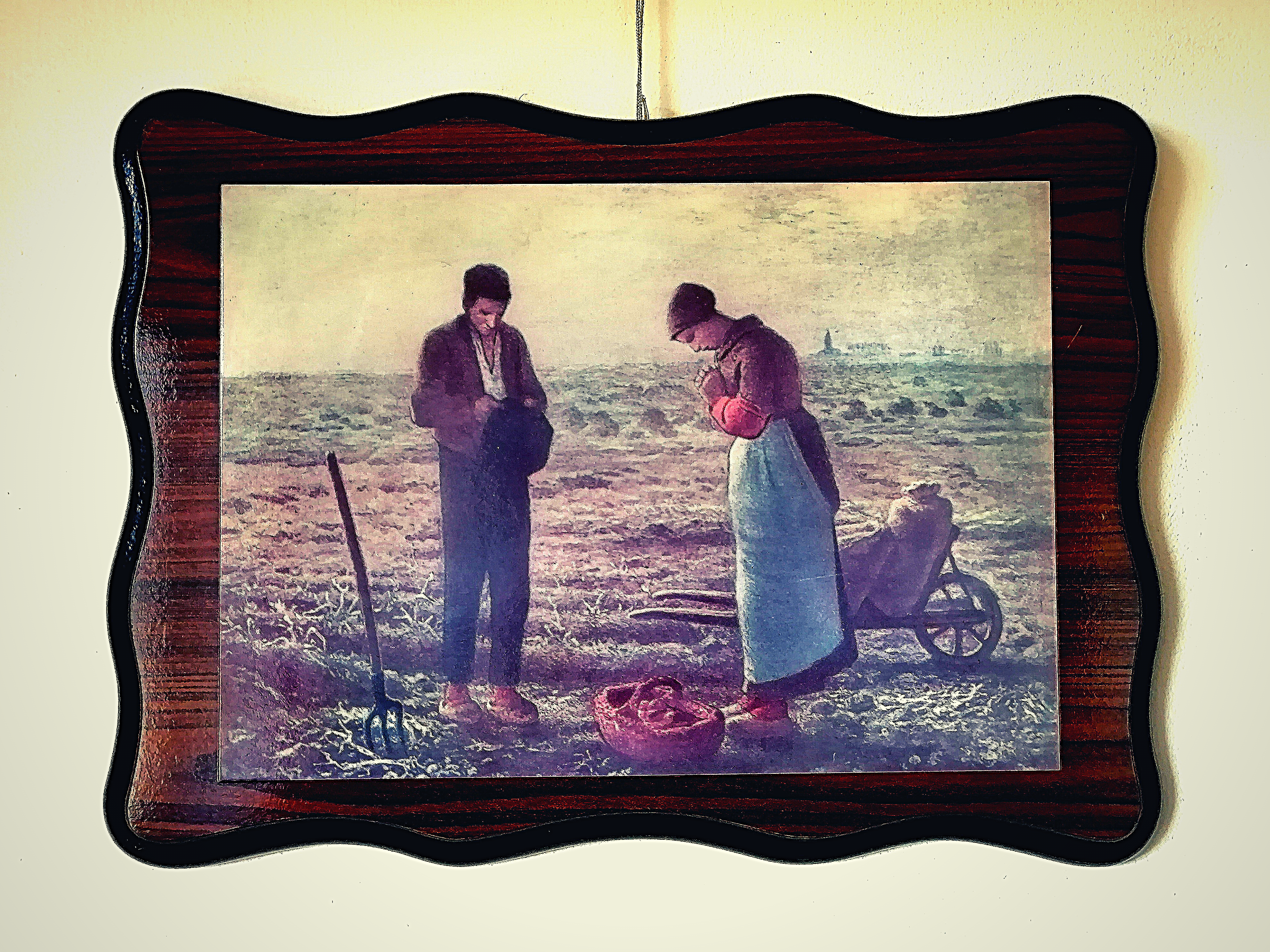If you have been watching the ceremonies to commemorate the inauguration of the U.S. president today, you will have overheard several references in their speeches and poems to one very influential book in the English language: the Bible.
This is because for centuries, the English Bible – specifically the King James Version, first published in 1611 – was regularly read not only in weekly church services but also in many English-speaking family homes (on both sides of the Atlantic). At one point in history (if not still the case even today), the Bible was the most widely published book in the English language.
One of its most obvious legacies for all English speakers, regardless of whether they are Christian or not, can be found in the many idioms or short sayings it has given us. At some point in your lessons or conversations with English speakers, you may have come across some such idioms.
In today’s lesson I am sharing 7 common English idioms (plus a bonus one at the end!) which originally came from a passage in the Bible. I have also included, in brackets, references to where they can be located in the Bible.
…
✒️ #1: ‘Eat, drink, and be merry’ (Ecclesiastes 8:15): This idiom describes a carefree and indulgent lifestyle. It can be used either as a warning against over-indulgence, or as an invitation to enjoy a party or celebration.
✒️ #2: ‘by the skin of your/his/her/my teeth’ (Job 19:20): This refers to barely escaping from a frightening or dangerous situation, or even joining something in a risky way. For example, ‘He just about passed the exam by the skin of his teeth’ – he very nearly didn’t pass the exam.
✒️ #3: ‘the blind leading the blind’ (Matthew 15:14): Said when someone who is ignorant or inexperienced tries to guide or lead someone as incapable as themselves. For example: ‘The children were trying to teach the new girl how to cook, but as they themselves didn’t even know how to boil an egg, it was a case of the blind leading the blind.’
✒️ #4: ‘a fly in the ointment’ (Ecclesiastes 10:1): This refers to a small, even tiny issue that is creating a bigger issue. The biblical passage states that such an ointment (oil or liquid substance used for healing purposes) is spoiled if a fly gets stuck in it and dies. Trying to take the fly out of the ointment is a sticky and messy business! So is any issue, situation, or discussion that has a ‘fly in the ointment’ in it. Whenever you would say, ‘this is fine and that is good but there is one little issue …’ then you might easily say instead, ‘… a fly in the ointment’. For example, ‘The fugitives were getting ready to run away: they were dressed in disguise and had some food and water to bring with them. The only fly in the ointment is that they didn’t have a map to guide them in their escape.’
✒️ #5: ‘to cast pearls before swine’ (Matthew 7:6): Usually used in a warning not to give or share what is valuable with people who won’t appreciate it – it will be wasted, just as it would be a waste to offer your pearls (costly jewels) to pigs (swine). For example: ‘The international leaders were willing to act as mediators for peace in the conflict, but as neither of the fighting groups wanted to have peace, it would have been a case of casting pearls before the swine.’
✒️ #6: ‘the writing on the wall’ (Daniel 5): This refers to any sign that judgment or punishment is going to fall on someone. In the story of Daniel, the wicked king is feasting (one might say, he is following the saying ‘eat, drink, and be merry’) when all of a sudden a giant hand appears and begins writing a judgment concerning the king on his palace wall. The judgement (defeat and death in battle) come to pass shortly afterwards. I have often heard this phrase used by history professors describing the final days of a leader’s ruling; for example, ‘By the end of 1648, the writing was on the wall for King Charles 1: he was in prison and surrounded by his enemies. In January 1649 he was put on trial and publicly executed.’
✒️ #7: ‘fall by the wayside’ (Luke 8:5): This simply means to fall or get left behind, especially in a movement or progressive action of some kind. For example, I could say, ‘I hope this lesson is clear and not so complicated that you feel like you’re falling by the wayside’.
…
💡 If you find this an interesting subject, you will surely enjoy the great British linguist David Crystal’s book Begat, published by Oxford University Press in 2011. (He also has some good talks on YouTube). There are indeed many more such sayings, like these seven ones above, that originate in the Bible, if we take the time to look into where they came from.
To end with the words of another biblically-based English idiom: there really is ‘nothing new under the sun’!




